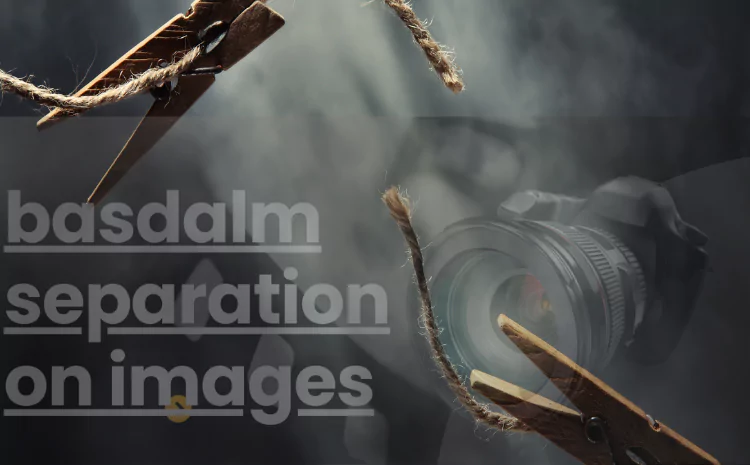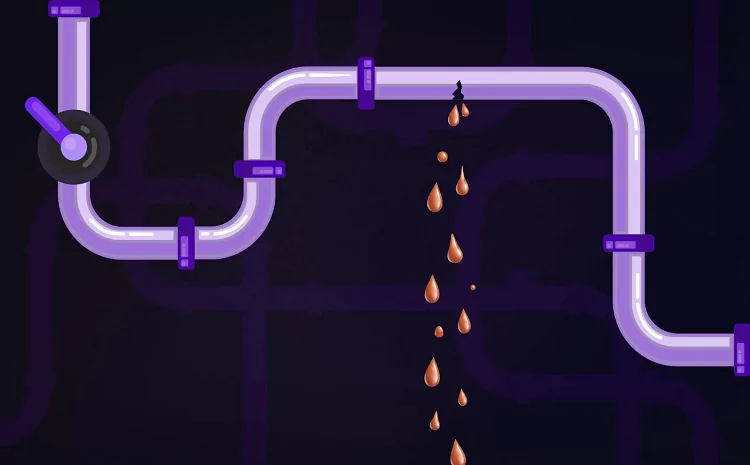Basdalm separation is a technique used in image processing to create distinct layers, enabling better visual clarity and analysis. Whether you’re a designer or a photographer, understanding how basdalm separation on images works can greatly improve your ability to enhance or manipulate visuals.
Key Takeaways
- Basdalm separation helps in distinguishing different elements within an image.
- This technique is useful for image editing, printing, and visual data analysis.
- It is often applied in separating color channels or identifying objects within an image.
What is Basdalm Separation?
Basdalm separation is the process of splitting an image into multiple segments or layers, making it easier to edit or analyze specific parts. This separation can occur based on colors, textures, or even objects within the image. By isolating these elements, you can perform more detailed editing or analysis.
Why Use Basdalm Separation on Images?
Using basdalm separation on images provides a range of benefits:
- Improved Clarity: Isolating different parts of an image can bring out finer details.
- Enhanced Editing Control: Editors can adjust individual elements without affecting the entire image.
- Simplified Printing Process: Separating colors or elements streamlines printing and ensures more accurate results.
- Better Object Detection: Separation helps in identifying and categorizing objects within an image.
Different Types of Image Separations
There are several methods to apply image separation. Choosing the right one depends on the end goal, whether it’s for printing, graphic design, or data analysis.
Color Channel Separation
This is one of the most common types of basdalm separation. It involves splitting an image into its primary color components, such as Red, Green, and Blue (RGB). Each channel is treated as an individual layer, allowing precise adjustments.
| Color Channel | Description | Use Case |
|---|---|---|
| Red | Captures all the red tones in the image | Useful for enhancing skin tones |
| Green | Focuses on green shades | Often used in nature photography |
| Blue | Captures all blue components | Great for water or sky-related images |
Object Separation
In this method, distinct objects within an image are isolated. For example, a photo of a car on a road can be separated into two layers: one for the car and one for the background. This allows for changes to be made to one part without affecting the other.
Texture Separation
This involves distinguishing between different textures within an image, such as smooth vs. rough surfaces. This separation technique is often used in graphic design and artistic creations to apply unique effects.
How Basdalm Separation on Images is Applied?
Basdalm separation is widely used in various fields like graphic design, photography, and even machine learning. Let’s take a closer look at some common applications.
Graphic Design
In graphic design, basdalm separation helps designers create layered compositions. Each layer can be modified individually, providing a lot of flexibility.
Photography
Photographers often use basdalm separation on images to fine-tune their photos. For instance, separating the sky from the foreground can allow for different color grading or lighting adjustments.
Machine Learning and AI
Basdalm separation is also critical in the field of artificial intelligence, where it’s used for object recognition and classification in images.
How to Perform Basdalm Separation on Images?
The process of basdalm separation can vary depending on the software used. Here’s a basic workflow:
- Select the Image: Choose a high-quality image for the best results.
- Open in Image Editing Software: Use tools like Adobe Photoshop or GIMP.
- Choose Separation Type: Select whether to separate by color, object, or texture.
- Apply Separation: Use layer or channel separation tools to isolate the desired elements.
- Save as Separate Files: Save each layer separately for future use.
Recommended Software for Image Separations
| Software | Best For | Features |
|---|---|---|
| Adobe Photoshop | Color Channel and Object Separation | Advanced layer control and channel separation |
| GIMP | Texture Separation | Open-source with extensive plugins |
| CorelDRAW | Graphic Design | Vector support and object separation |
Challenges of Basdalm Separation
While basdalm separation offers many benefits, there are some challenges to be aware of:
- Complexity: The process can be time-consuming and requires expertise.
- Quality Loss: Improper separation can lead to loss of image quality.
- Software Limitations: Some tools may not support advanced separation techniques.
Tips for Successful Image Separation
- Start with High-Resolution Images: This ensures that separated elements retain their quality.
- Use Layer Masks: Layer masks allow for non-destructive editing.
- Check Color Profiles: Consistent color profiles prevent unexpected changes during separation.
Key Factors to Consider When Using Basdalm Separation on Images
| Factor | Description | Recommendation |
|---|---|---|
| Image Resolution | High resolution is essential for clarity | Use 300 dpi or higher |
| Color Balance | Ensure even distribution of colors | Adjust before starting separation |
| Software Compatibility | Some features may vary across software | Use the latest version of your editing tool |
Conclusion
Basdalm separation on images is a powerful technique that offers enhanced control and precision in image editing and analysis. By understanding the different methods and applications, you can effectively leverage this technique to achieve professional results. Whether you’re a photographer, designer, or researcher, mastering basdalm separation will significantly enhance your image processing skills.





